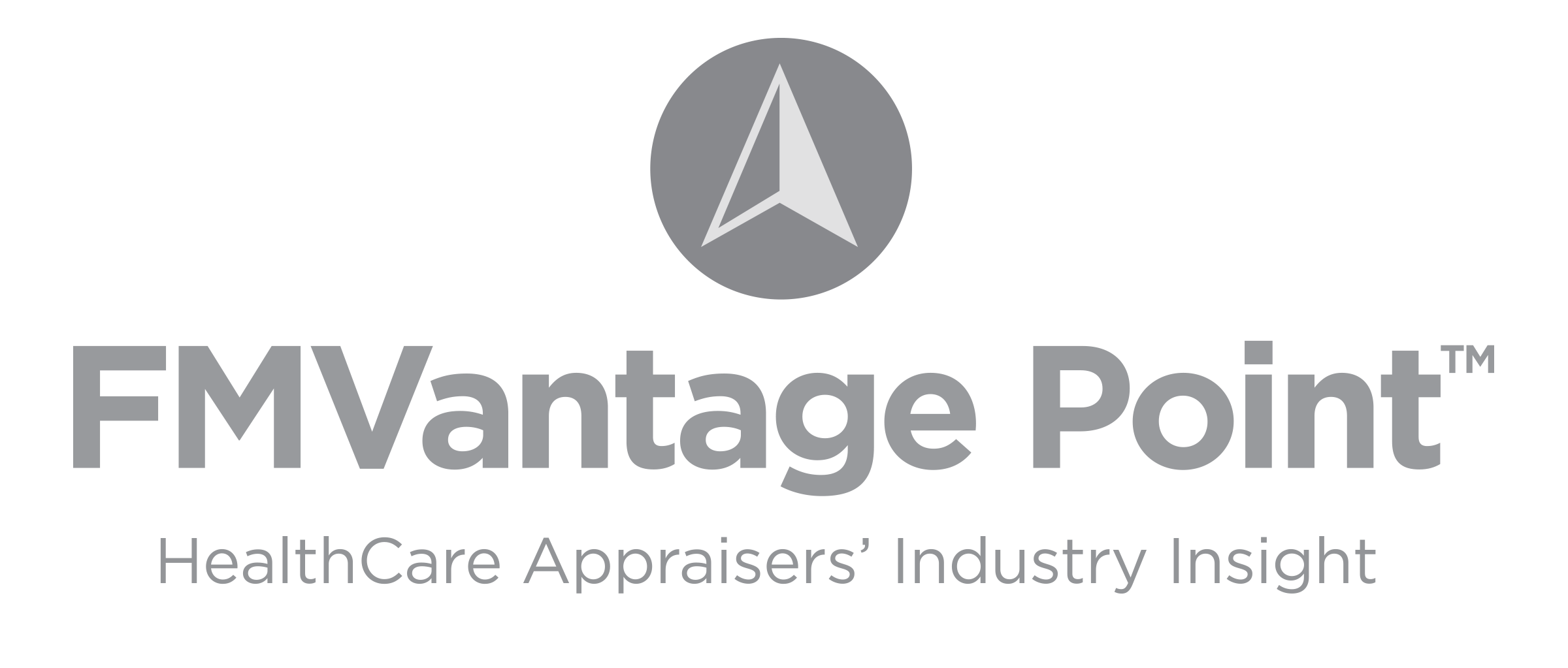Author: David W. Sands, CVA

The Department of Health and Human Services’ Office of Inspector General (OIG) recently released a Special Fraud Alert[1] aimed at pharmaceutical and device companies that use speaker programs to compensate physicians and other healthcare professionals (collectively, “HCPs”). Speaker programs are company-sponsored forums whereby HCPs are compensated to present information about drugs, devices, or disease states on behalf of the company. In the Special Fraud Alert, the OIG highlights some of the inherent fraud and abuse risks associated with engaging in compensated speaker program arrangements, specifically citing the federal anti-kickback statute (AKS).
The OIG clearly expresses skepticism about the educational value of speaker programs, suggesting that at least one purpose of these programs is to compensate HCPs to induce or reward referrals. Although the OIG was clear to point out that violation of the AKS is a facts and circumstances analysis that requires a showing of intent, certain characteristics of speaker programs that indicate the potential for running afoul of the AKS were mentioned, including non-substantive and/or repetitive presentations, HCPs attending the same presentations multiple times, the inclusion of irrelevant attendees, selection of speakers and attendees solely based on past or expected returns, and payment in excess of fair market value. As a result, the OIG is signaling that speaker programs will be subject to increased scrutiny.
The OIG and Department of Justice recently investigated and resolved civil and criminal fraud cases that involved payments for speaker programs, which included one or more of the various characteristics described above. The following are a selection of example cases:
![]() Medtronic USA, Inc. paid a $9.2 million settlement for violating AKS and the False Claims Act (FCA) by knowingly hosting speaker events solely for the purpose of inducing referrals.
Medtronic USA, Inc. paid a $9.2 million settlement for violating AKS and the False Claims Act (FCA) by knowingly hosting speaker events solely for the purpose of inducing referrals.
![]()
![]()
![]()
![]()
![]()
![]()
![]()
![]()
![]()
![]()
![]()
![]()
![]()
![]()
![]()
According to the OIG, “[p]arties involved in speaker programs may be subject to increased scrutiny.” Given such clear forewarning, coupled with recent trends in enforcement action, companies that engage HCPs for speaker programs must ensure that, in addition to paying fair market value compensation to HCPs, a legitimate business purpose is being fulfilled such that the programs are deemed commercially reasonable. Furthermore, if alternative means of conveying information can provide the same benefit (e.g., the information can be obtained using online resources, journals, product inserts, third-party conferences, etc.), the OIG may question the validity and appropriateness of a compensated speaker program.
[1] Department of Health and Human Services. Office of the Inspector General. “Special Fraud Alert: Speaker Programs” (November 16, 2020), available at https://oig.hhs.gov/fraud/docs/alertsandbulletins/2020/SpecialFraudAlertSpeakerPrograms.pdf (last accessed Apr. 30, 2021).
